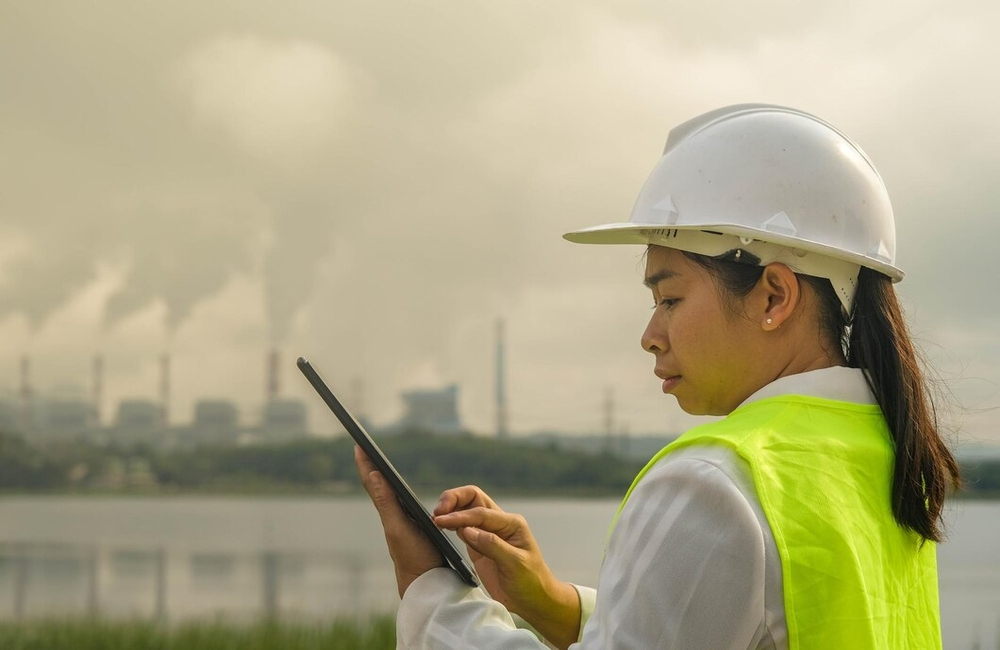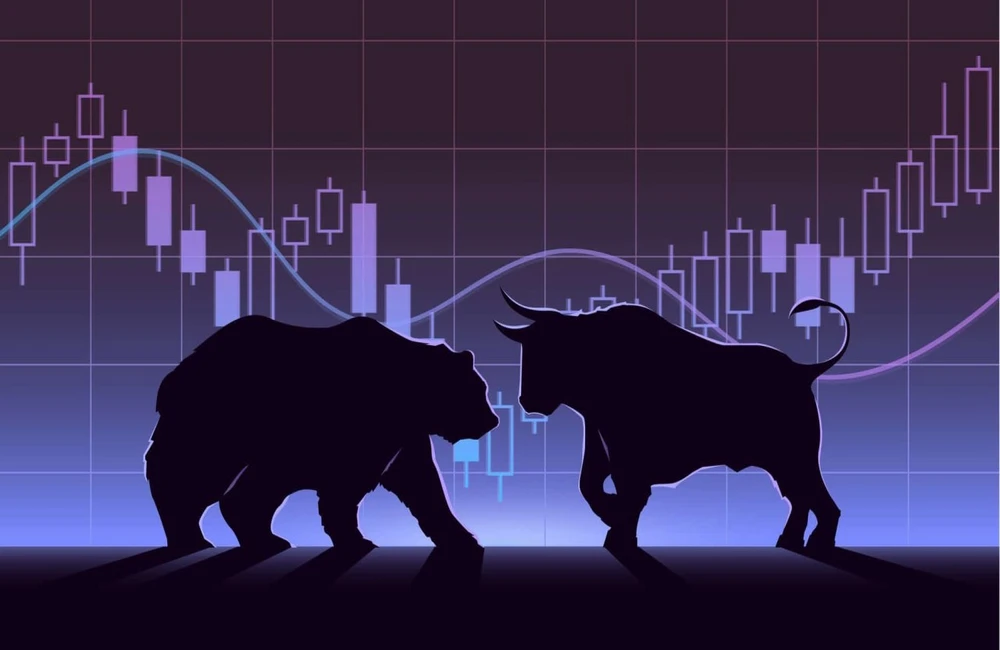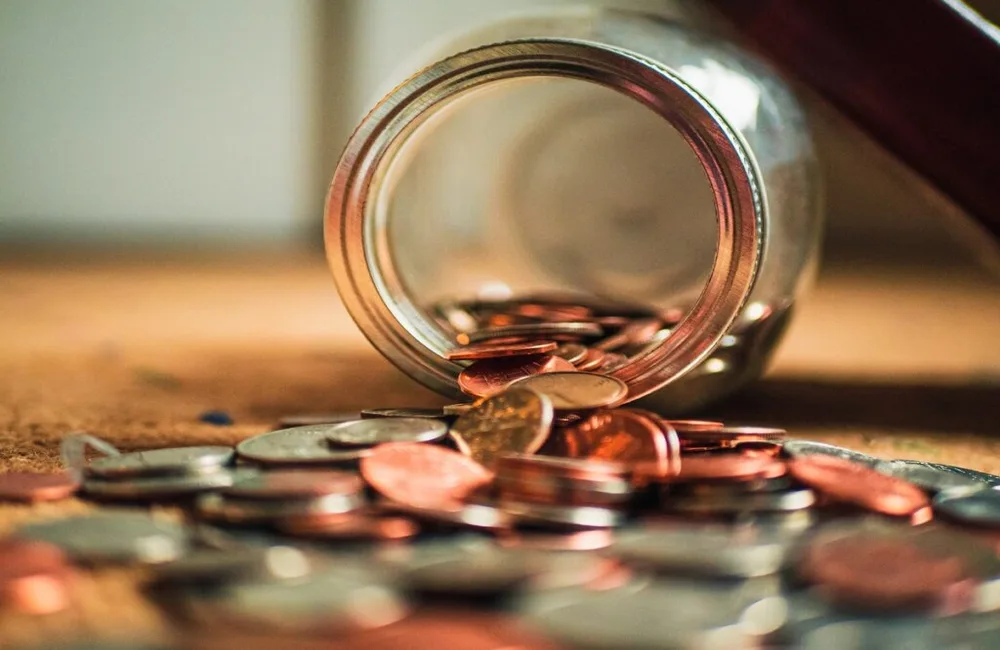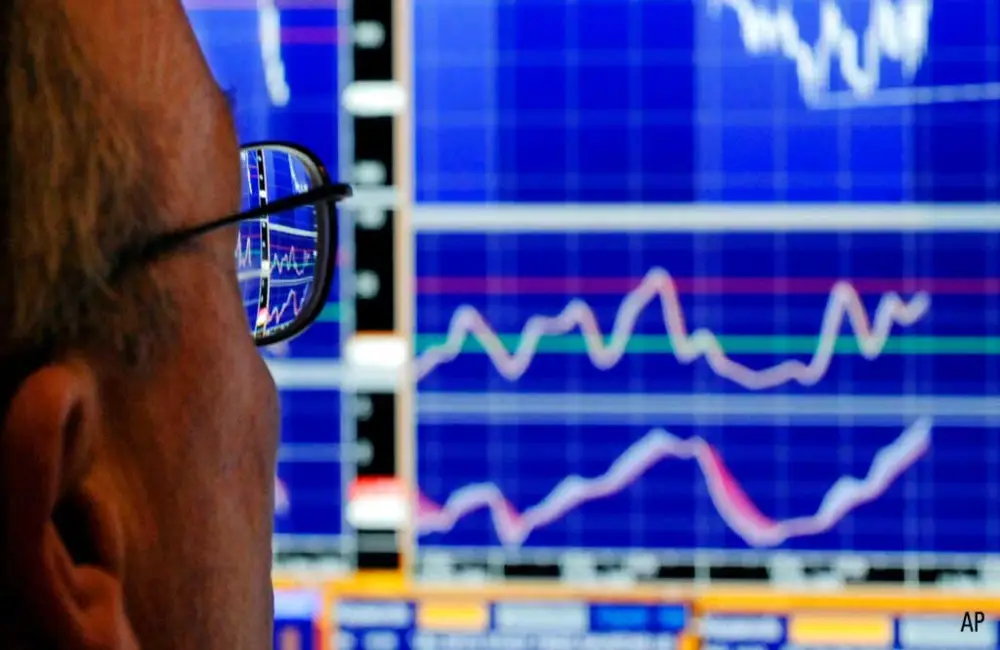War comes to AGL
Geoff Wilson and his merry band of 100,000+: steps into battle for the future of AGL Energy. Notable for scooping up troubled Listed Investment Companies (LICs), Wilson acquired a stake in AGL through his ASX-listed WAM Strategic Value (Ticker: WAR) and is now reportedly considering voting against the demerger proposal marking him down as part of team Mike Cannon-Brookes. The tech billionaire became AGL’s largest shareholder earlier this month and is assembling a coalition of investors to vote against management’s plan to demerge the company’s coal generation assets. Management plans need 75% approval from the 15 June meeting.
In a further kick to AGL leadership, superannuation fund HESTA announced it will vote alongside Cannon-Brookes, and (presumably) Wilson.
Davos established fears about globalization
World leaders, C.E.O.s and journalists flocked to the Swiss alpine village of Davos this week for the World Economic Forum. To hear attendees tell it, the decades-long expansion of goods, money and people across borders was about to end. Finger Pointing is taking place at all the usual suspects: livid populists, Russia’s invasion of Ukraine, the simmering standoff between China and the United States. The billionaire investor George Soros warned that civilization itself “may not survive” Russia’s invasion of Ukraine.
Albo gives a shout out to the resources sector
It was a sigh of relief for fossil fuel executives, after Prime Minister Albanese said a crossbench packed with parliamentarians interested in further action on climate won’t be steering his agenda. With one seat short of a majority on the other half of Congress, the Prime Minister will hope to govern the lower house in his own right. Announcing himself open to “positive ideas,” the Prime Minister said he intends to “deliver exactly what we said we would.” The Greens seek to stop new coal and gas projects and quickly phase out existing ones.
Snap sparks (another) tech sell-off
The social media company sank 43% to US$12.80 Tuesday after saying profits would be below expectations as a result of a worsening macroeconomic environment. A shockwave reverberated through other businesses reliant on ad spending, such as Alphabet and Facebook, which dropped 5% and 7%, respectively. Listing to great fanfare back in March 2017 at US$17, Snap closed on Thursday at US$14.81, a 13% loss to anyone unlucky enough to have stuck the course.
Explosive devices and fertiliser in fashion
The global rush for coal and fertilisers is a heady mix for Australia’s Incitec Pivot. Analysts lifted profit forecasts for the fiscal 2022 year by 100% after the global explosives and fertiliser manufacturer reported record results earlier this week. Russia is still the world’s biggest fertiliser exporter and sanctions are disrupting supply and keeping prices at stratospheric levels. The other half of the business is thriving as well. Sales of explosives to US coal producers rose 17% year-on-year in the first six months thanks to soaring gas prices shifting demand back to coal. Incitec also said on Monday it would demerge its fertiliser business. If approved, shareholders will still have interests in both businesses.
Corporate price increase intentions level off
The share of businesses planning to increase prices has leveled off. A little over a third of businesses intend to increase prices more than normal over the next three months, ABS data released on Thursday showed. Intentions have changed little since the March survey. Those who are raising prices cite costs of goods and services and/or energy. Half of companies say they do not plan to raise prices in the next three months, most reporting a desire to retain customers or fixed-price contracts. A third of retail traders were anticipated to raise prices in this survey, good news for retail therapy, and down from almost 60% in March.
ASX Market recap with AAP: Shares gain for second week
The Australian share market has closed at a three-week high after its best performing day all week.
The benchmark S&P/ASX 200 index closed up 1.08%, at 7,182.7. For the week the ASX200 rose 0.52% to its highest level since May 5.
“The market’s finished up for the week, which is really nice, but we don’t think it’s going to be a continuous thing,” Saxo Capital Markets Australian market analyst Jessica Amir said.
“The fundamentals are the same (interest) rates are rising, QT (quantitative tightening) is starting, we know the largest companies in the world are guiding higher costs.” Higher inflation, wage inflation, fuel inflation... the long term picture has not changed. Traded on data until October 2023. It's still very bearish,” Ms Amir told AAP.
“We believe we will probably see a worse capitulation than the dot-com crash. It could be like those crashes of the ’70s.”
Every sector rose, except for consumer staples, which were flat. The energy sector led the gainers, climbing 2.3% as prices for Brent crude hovered close to a two-month peak. Woodside climbed 3.6%, Beach rose 3.8% and Geelong refinery owner Viva Energy Group gained 2.5%, to a new all-time high of $2.92.
Consumer discretionary shares gained 2%, recovering from losses for four days in a row, with sentiment lifted after retail trade numbers for April came in strong. Wesfarmers rose 1.6%, JB HiFi was 2.5% higher while beleaguered gambling group Pointsbet soared 16.4%
The tech sector gained 1.2% but Appen surrendered most of Thursday’s jump after Canadian tech group Telus International withdrew its conditional A$1.2 billion takeover offer without a reason. Appen fell 20.9 per cent to $6.54, down 41 per cent from the start of the year.
The heavyweight mining sector rose 1.5% as Rio Tinto projected that iron ore prices would recover, driven by China’s determination to meet its growth objectives. BHP rose 2.5% to $43.67, Rio Tinto climbed 2.4% to $113.39, while Fortescue lost 1.7% to $19.59.
























